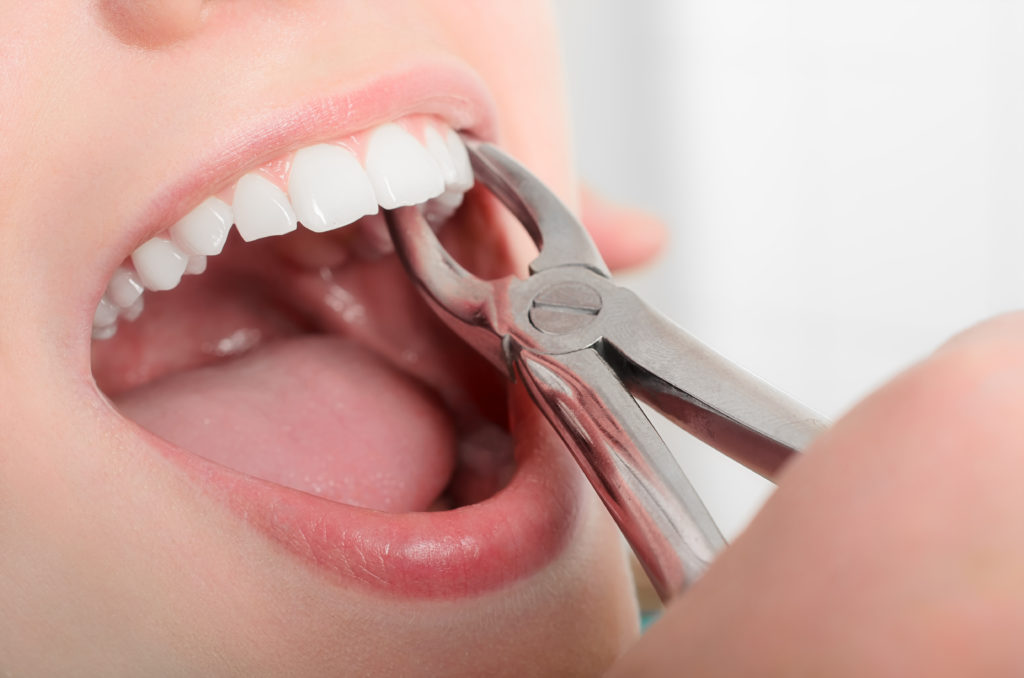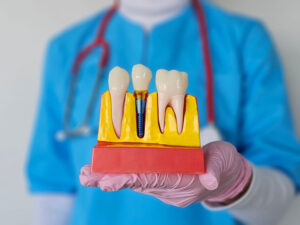When you see your dentist for a consultation, they may inform you that an extraction is the best route to take, prior to any other procedure. Dental extractions are used for many different reasons, and can prevent a treatment plan from taking place. From wisdom teeth extractions, to needing a tooth extracted prior to orthodontics, your dentist will be able to assess your oral cavity and decide the best treatment route for you.
Tooth extractions are not as daunting as patients generally think they are. Dentists all over practice extractions on a regular basis, so there is rarely any form of failure or other problems associated around dental extractions. Depending on the reason for your extraction, your dentist may provide an anesthetic prior to the tooth pulling. Typical anesthetics used during tooth extractions include:
- Novocain shots, which numb the area of the site
- Nitrous oxide, which allows for a relaxation to occur
- IV sedation, which allows for the deepest relaxation
It is important to understand that extractions should always be taken care of by a dental professional. You should never attempt to pull your own teeth. When pulling your own teeth, you may cause serious damage to other teeth, the jawbone, or the soft tissue. Seeing a dentist when you believe you may need a tooth removed from the oral cavity is the safest option for you and your mouth.
If you are in a situation where a child is losing a baby tooth, it is normal to have the tooth removed at home, as long as it is a relatively sterile environment, and the child is under parental supervision as the extraction is occurring. This will ensure the child is not going to harm their gums or bone.
Contact your dentist for an appointment. During your routine checkups, your dentist will assess all of your teeth, and be able to tell if a tooth is becoming loose, or if it will need to be extracted for one reason or another. It is important to entrust in your doctor for any dental work, as they take the proper and safest precautions.





